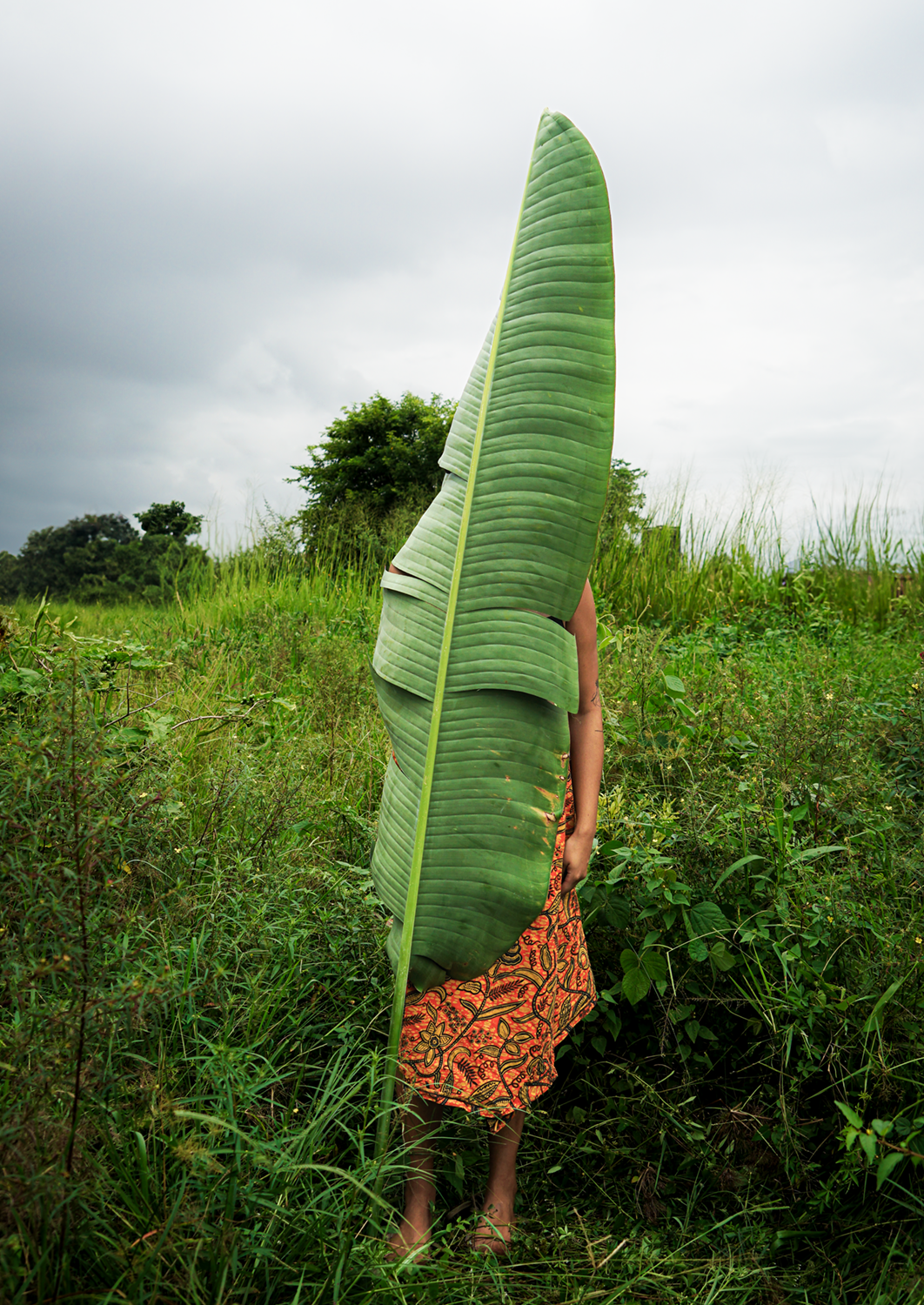"let me love myself real quick" is a conceptual photo series that explores the profound journey of individuals from the global majority within predominantly white societies. This work aims to illuminate how racist systemic frameworks can obscure and distort identities and notions of belonging, while also highlighting the strength and resilience required to navigate these very challenges.
The series comprises five self-portraits, each reflecting different facets of selfhood and visibility. The first portrait, predominantly white, offers a critical reflection on systemic erasure and marginalisation, setting the stage for a deeper conversation about identity and the quest for recognition. Subsequent portraits, with varying exposures and flash intensities, symbolically peel away layers of imposed whitening and othering, revealing stages of struggle whilst unveiling the self underneath. The fifth and final portrait, a wide shot, provides a broader and more nuanced view of identity, showing the subject in its full humanity.
The photographic process employed in capturing these images critically examines both the historical and contemporary use of photography, particularly its role in shaping and reinforcing Western racist structures. It highlights the inherent biases within the photographic medium and its apparatus, which have contributed to the erasure of identities and cultures, as well as the perpetuation of fragmented representations.
At the heart of the series is the leaf of the Traveller’s Palm, a symbol of resilience and endurance found throughout Africa. This emblem has been used not only because it reflects the strength required to thrive under challenging conditions, mirroring the resilience of the human spirit but also to expand the representative aspect of self-portraiture by intertwining personal identity with broader symbols of perseverance.
Ultimately, "let me love myself real quick" celebrates the act of reclaiming one’s true self amidst pervasive biases, narratives, and structures. It resonates with Frantz Fanon’s notion that the most dangerous place for Black people is within the confines of white imagination, advocating for a reimagining of visibility and a re-learning of practices of seeing. ( link:poem )




